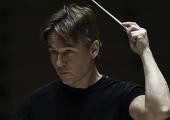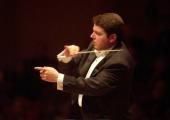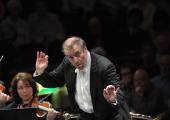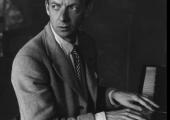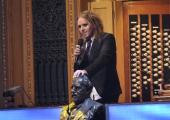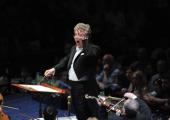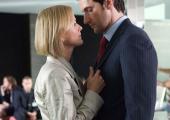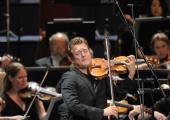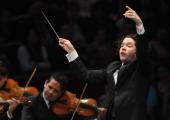BBC Proms: BBC Scottish Symphony Orchestra, Ilan Volkov/ Viktoria Mullova, Matthew Barley
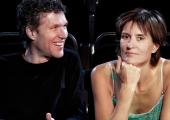
Two exciting trips to the country in a double Prom evening
Landscape painting may be dominated by the Dutch. But in music it is the Austrians who know best how to evoke the majesty of the great outdoors. In the first of last night's two Proms, one of the most awesome of Anton Bruckner's snow-capped symphonies, number five in B flat major, accompanied a new high climb through the Tyrol from fellow Austrian Thomas Larcher for two great musical off-pisters: violinist Viktoria Mullova and cellist Matthew Barley.

